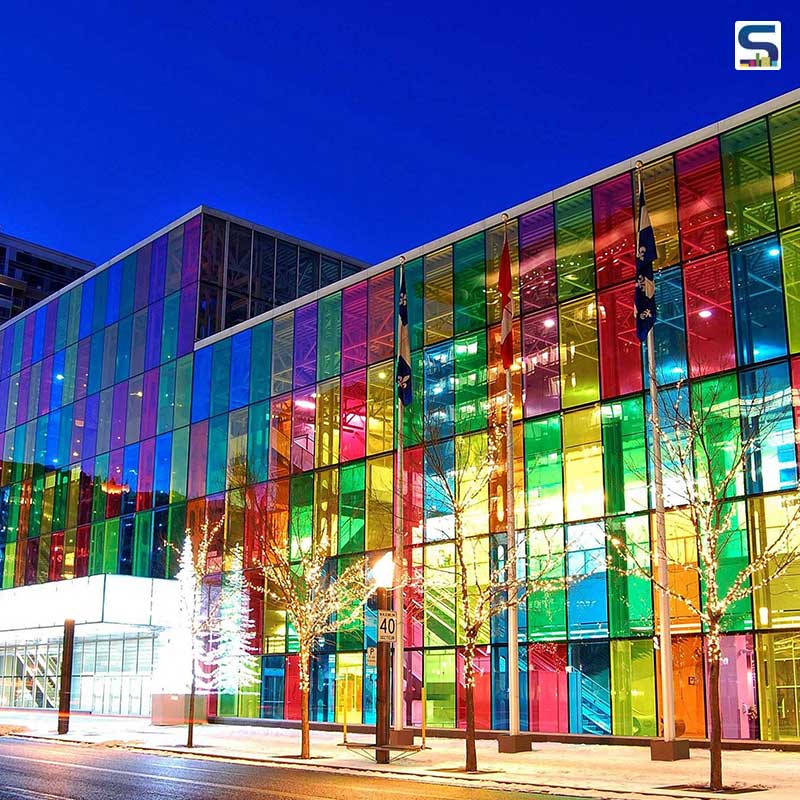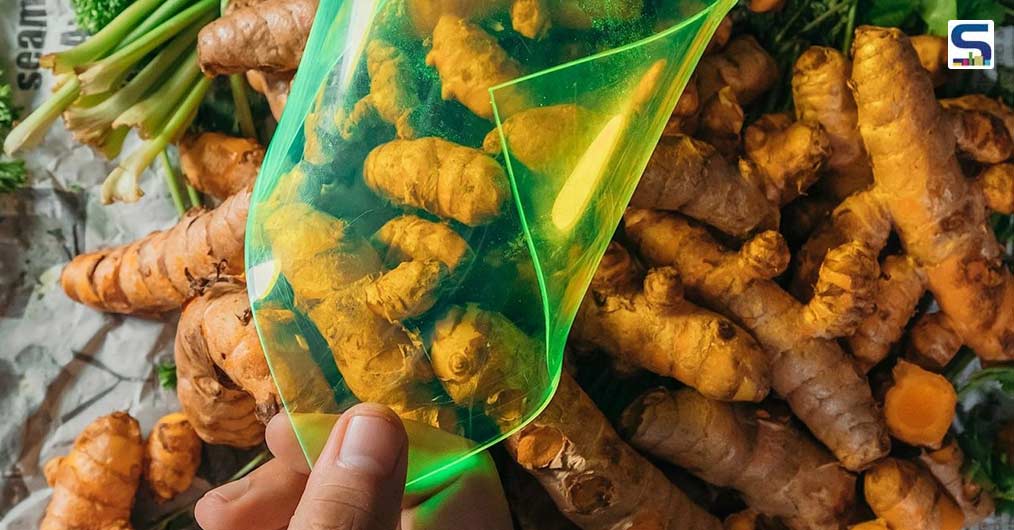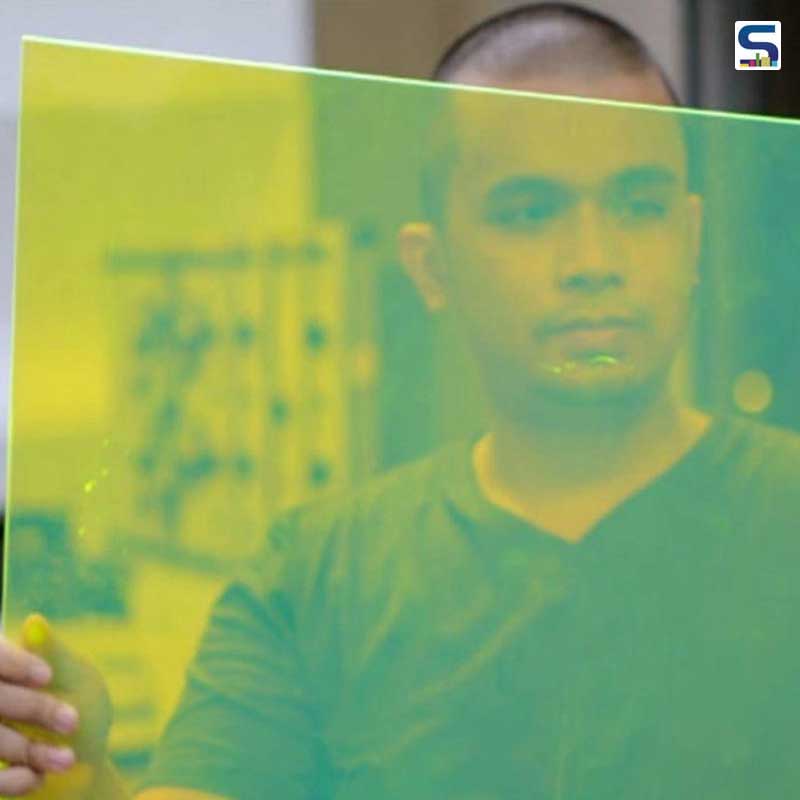
One of the major drawbacks of solar panels is its ineffectiveness on a cloudy day. However, electrical engineering student Carvey Ehren Maigue has been developing a sustainable solution to this problem through AuReus. An evolution for walls and windows, AuReus system uses technology synthesized from upcycled crop waste to absorb ultraviolet (UV) light, thereby converting them into renewable electricity.
Maigue recently bagged the James Dyson award in the sustainability category for AuReus system. According to him, its preliminary testing showed that the AuReus solar panel can produce energy nearly 50 per cent of the time compared to the 15-22 per cent of standard solar panels.

These solar panels have a double sustainable element other than producing energy without direct sunlight. They are created from recycled plant waste. Luminescent particles from fruits and vegetables are extracted. These particles absorb the UV rays from the sun and turn them into visible light. With the help of these absorbent particles, Maigue created a new type of solar film. This film passes the UV rays into light, thereby generating electricity.
The AuReus solar panels can be applied to windows and facades as fluorescent coverings. These panels can function even when not directly facing the sun. Such use of these panels can help transform any building into a performative generator or vertical solar farm, where it captures UV rays that bounce off pavements and surrounding buildings. This also allows maximizing the amount of energy generated. In addition, it will also enhance the construction of a vertical solar farm even with a small area.

Maigue aims to extract luminescent particles to allow 100 per cent sourcing of dyes from fruits and vegetables from the current 80 per cent. At present, five colours, namely red, orange, yellow, green and blue are used. However, a stable alternative to blue dye has not been made yet.